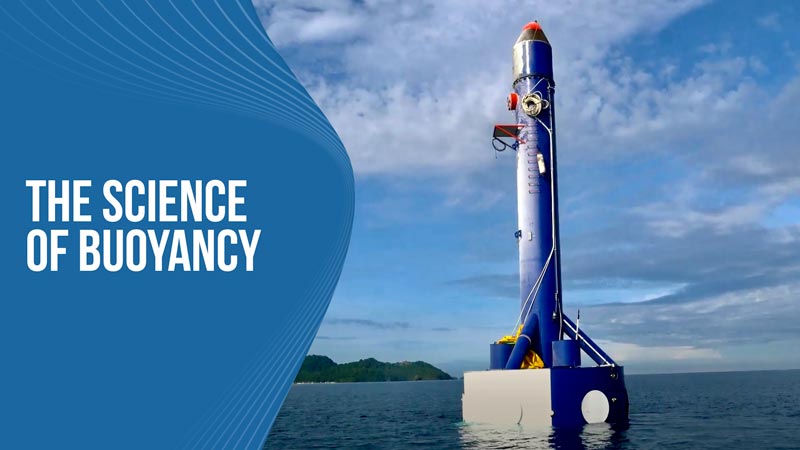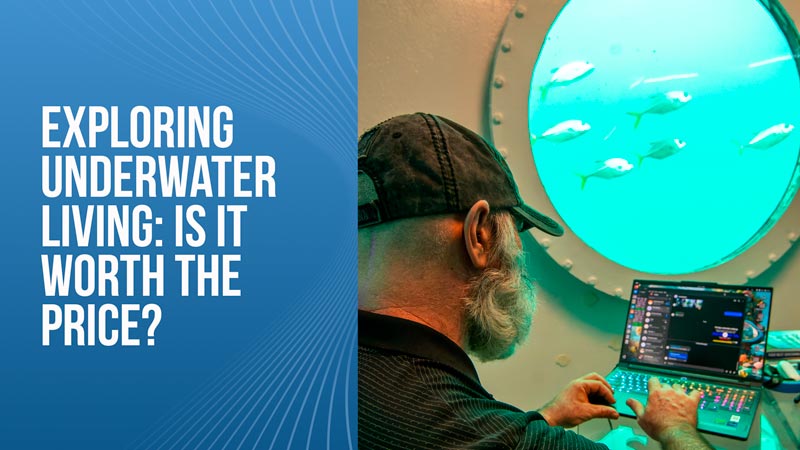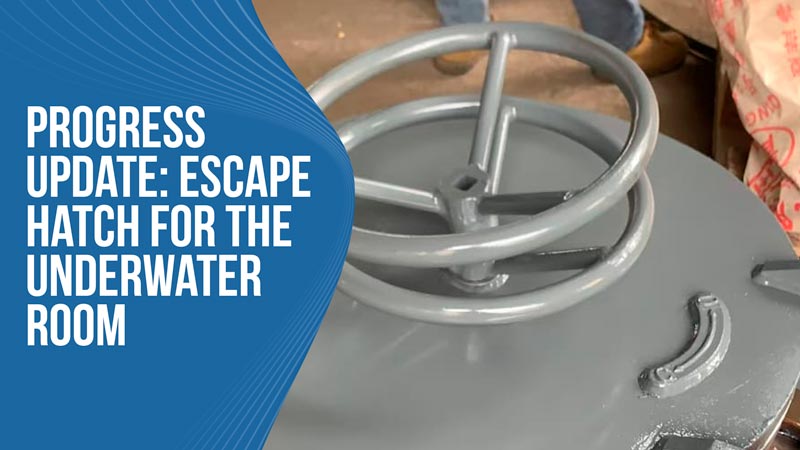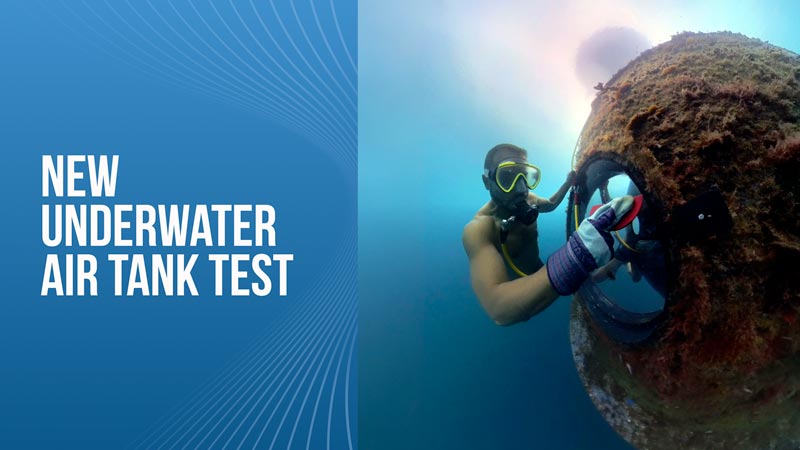
The word all Ocean Builders’ team has in its mind these days is “Buoyancy”. Why? Because as we were in the process of lowering the underwater room’s spar into the water, we had to make sure that our engineering is top-notch so that everything works out for the SeaPod Alpha Deep.
The Science of Buoyancy
The act of lowering a spar into the water might seem like a straightforward process, but it is an intricate dance between physics and engineering. How can we lower large structures into the water while keeping them afloat? Buoyancy of course!
Before we get into the details of lowering the spar into the water, let me explain the fundamental principle of buoyancy. Buoyancy is the upward force exerted by a fluid (in this case, water) on an object immersed in it. It is a direct consequence of Archimedes’ principle, which states that any object partially or wholly submerged in a fluid experiences an upward force equal to the weight of the fluid it displaces. That is why a heavy metal ship can float while a lightweight piece of wood might sink.
Why Do the spar float?
The spar displaces enough water to generate a buoyant force greater than its weight, allowing it to stay afloat.
Chief Engineer Rudi Koch, meticulously designed the spar to ensure it possesses a lower density than water, utilizing hollow steel and thus enabling the structure to displace a substantial volume of water and generate robust buoyancy. They fine-tuned the spar’s buoyancy and maintained its stability by utilizing the ballast chamber that can be filled with water to adjust the balance of the pod as needed.
We hope that our explanation was good enough for you to understand the challenge that Ocean Builder is taking on!



